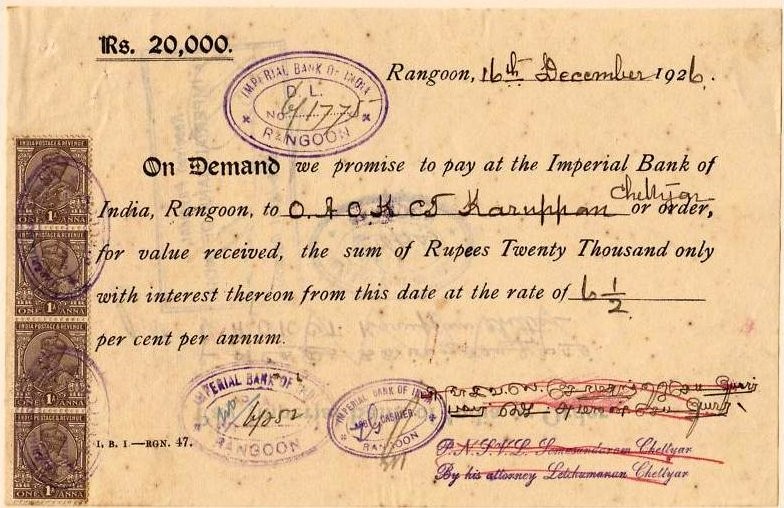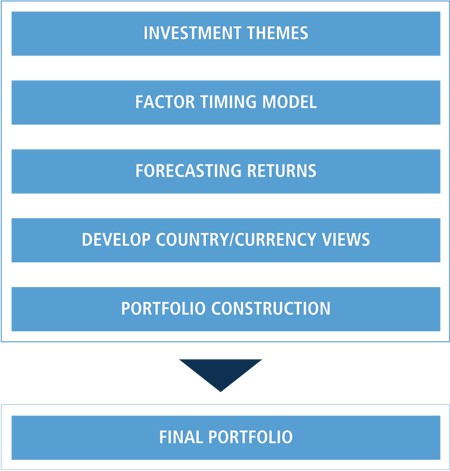Warrant (finance) Wikipedia the free encyclopedia
Post on: 19 Июнь, 2015 No Comment

This article is about financial instrument. For the payment method, see warrant of payment .
In finance. a warrant is a security that entitles the holder to buy the underlying stock of the issuing company at a fixed exercise [ clarification needed ] price until the expiry date.
Warrants and options are similar in that the two contractual financial instruments allow the holder special rights to buy securities. Both are discretionary and have expiration dates. The word warrant simply means to endow with the right, which is only slightly different from the meaning of option.
Warrants are frequently attached to bonds or preferred stock as a sweetener, allowing the issuer to pay lower interest rates or dividends. They can be used to enhance the yield of the bond and make them more attractive to potential buyers. Warrants can also be used in private equity deals. Frequently, these warrants are detachable and can be sold independently of the bond or stock.
In the case of warrants issued with preferred stocks, stockholders may need to detach and sell the warrant before they can receive dividend payments. Thus, it is sometimes beneficial to detach and sell a warrant as soon as possible so the investor can earn dividends.
Warrants are actively traded in some financial markets such as Deutsche Börse and Hong Kong. [ 1 ] In Hong Kong Stock Exchange, warrants accounted for 11.7% of the turnover in the first quarter of 2009, just second to the callable bull/bear contract. [ 2 ]
Contents
Structure and features [ edit ]
Warrants have similar characteristics to that of other equity derivatives, such as options, for instance:
- Exercising: A warrant is exercised when the holder informs the issuer their intention to purchase the shares underlying the warrant.

The warrant parameters, such as exercise price, are fixed shortly after the issue of the bond. With warrants, it is important to consider the following main characteristics:
- Premium: A warrant’s premium represents how much extra you have to pay for your shares when buying them through the warrant as compared to buying them in the regular way.
- Gearing (leverage): A warrant’s gearing is the way to ascertain how much more exposure you have to the underlying shares using the warrant as compared to the exposure you would have if you buy shares through the market.
- Expiration Date: This is the date the warrant expires. If you plan on exercising the warrant you must do so before the expiration date. The more time remaining until expiry, the more time for the underlying security to appreciate, which, in turn, will increase the price of the warrant (unless it depreciates). Therefore, the expiry date is the date on which the right to exercise ceases to exist.
- Restrictions on exercise: Like options, there are different exercise types associated with warrants such as American style (holder can exercise anytime before expiration) or European style (holder can only exercise on expiration date). [ 3 ]
Warrants are longer-dated options and are generally traded over-the-counter.
Secondary market [ edit ]
Sometimes the issuer will try to establish a market for the warrant and to register it with a listed exchange. In this case, the price can be obtained from a stockbroker. But often, warrants are privately held or not registered, which makes their prices less obvious. On the NYSE warrants can be easily tracked by adding a w after the company’s ticker symbol to check the warrant’s price. Unregistered warrant transactions can still be facilitated between accredited parties and in fact several secondary markets have been formed to provide liquidity for these investments.
Comparison with call options [ edit ]
Warrants are very similar to call options. For instance, many warrants confer the same rights as equity options and warrants often can be traded in secondary markets like options. However, there also are several key differences between warrants and equity options:
- Warrants are issued by private parties, typically the corporation on which a warrant is based, rather than a public options exchange .
- Warrants issued by the company itself are dilutive. When the warrant issued by the company is exercised, the company issues new shares of stock, so the number of outstanding shares increases. When a call option is exercised, the owner of the call option receives an existing share from an assigned call writer (except in the case of employee stock options. where new shares are created and issued by the company upon exercise). Unlike common stock shares outstanding, warrants do not have voting rights.
- Warrants are considered over the counter instruments and thus are usually only traded by financial institutions with the capacity to settle and clear these types of transactions.
- A warrant’s lifetime is measured in years (as long as 15 years), while options are typically measured in months. Even LEAPS (long-term equity anticipation securities), the longest stock options available, tend to expire in two or three years. Upon expiration, the warrants are worthless unless the price of the common stock is greater than the exercise price.
- Warrants are not standardized like exchange-listed options. While investors can write stock options on the ASX (or CBOE ), they are not permitted to do so with ASX-listed warrants, since only companies can issue warrants and, while each option contract is over 1000 underlying ordinary shares (100 on CBOE), the number of warrants that must be exercised by the holder to buy the underlying asset depends on the conversion ratio set out in the offer documentation for the warrant issue.














